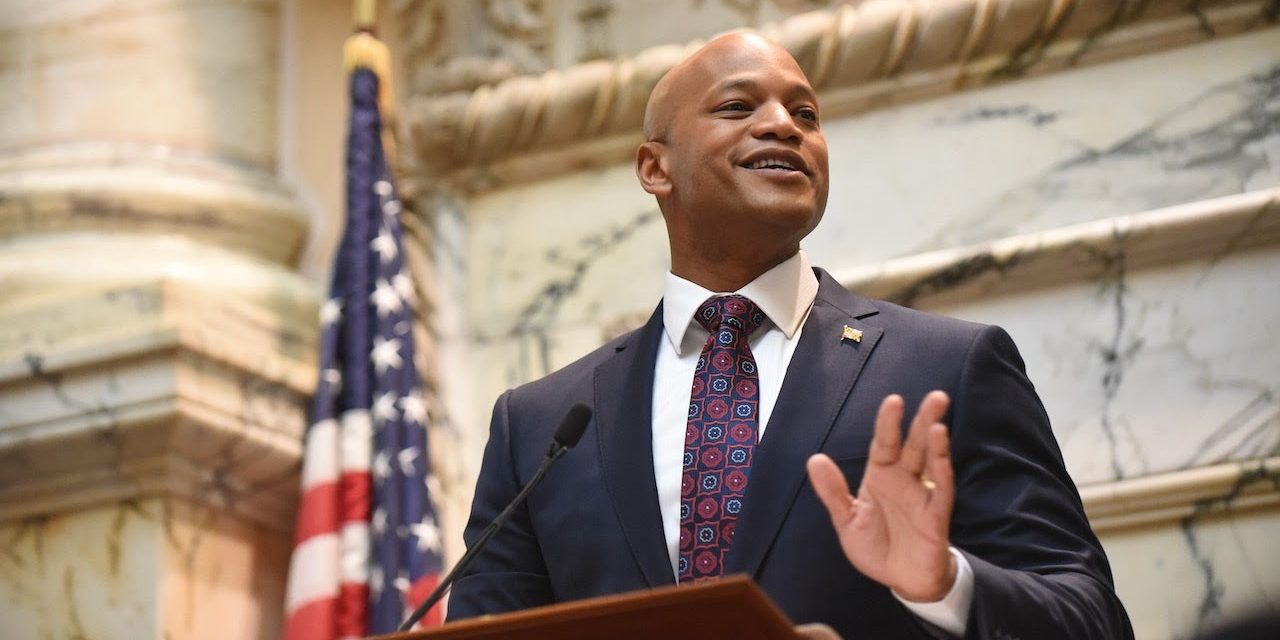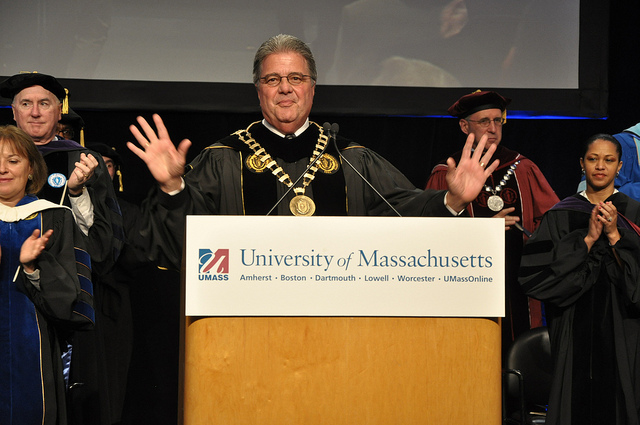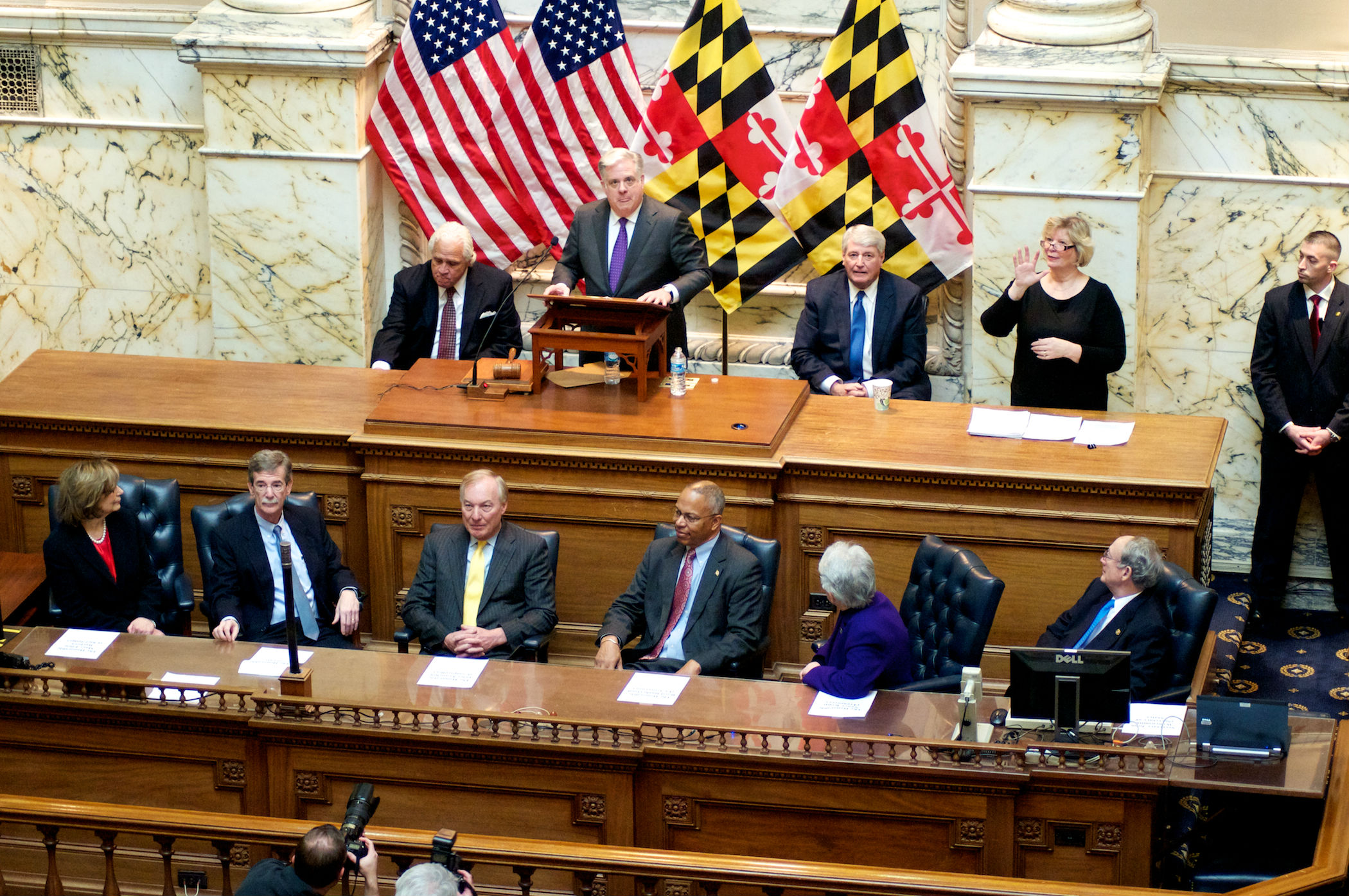Gov. Wes Moore has decided to wade into the culture wars. Specifically, Moore released a video condemning the State of Florida for the “banning of history and this altering and erasure of the history of African Americans.” “We need to make bigotry expensive,” Moore said, advocating for an economic boycott of Florida and other (red) states. He encouraged residents of states with “so-called leaders, who are going to condemn or erase the history of broad portions of the population there, come to Maryland.”
Not coincidentally, the video was timed to release with Florida Gov. Ron DeSantis’ official presidential campaign announcement.
The charge that DeSantis is “erasing” the history of African-Americans stems from Florida’s rejection of a pilot high school advanced placement African American Studies (AAPS) Course. The College Board, which also runs the SAT, runs the Advanced Placement (AP) program.
Florida’s objection to the pilot course stemmed from the inclusion of materials in the course that violated Florida’s law barring K-12 courses from teaching that colorblindness is wrong or racist. One topic in the AAPS Course ‘“Postracial’ Racism and Colorblindness” draws heavily from Critical Race Theory (CRT) academics like Eduardo Bonilla-Silva, and argues that treating individuals without regard to race is ipso facto racist. The AAPS course also assigned readings from CRT luminaries Kimberlee Crenshaw and Patricia Hill Collins which also attack the notion of colorblindness.
The College Board eventually did revise the AAPS pilot program curriculum, removing most though not all the CRT-themes from the course.
The real Florida curriculum
It’s a curious alchemy by which Moore has transmogrified colorblindness into the erasure of African American History, over the state’s objection to portions of one class curriculum given Florida’s robust high school African American History requirements. For example Florida requires instruction on
- “The history of African Americans, including:
- the history of African peoples before the political conflicts that led to the development of slavery;
- the passage to America;
- the enslavement experience;
- abolition; and
- the history and contributions of Americans of the African diaspora to society.”
And, it allows for curricula to address, how the individual freedoms of persons have been infringed by slavery, racial oppression, racial segregation, and racial discrimination, as well as topics relating to the enactment and enforcement of laws resulting in racial oppression, racial segregation, and racial discrimination and how recognition of these freedoms has overturned these unjust laws.
What is Critical Race Theory?
Critical Race Theory, according to one of its foundational texts, “questions the very foundations of the liberal order, including equality theory, legal reasoning, Enlightenment rationalism and neutral principles of Constitutional law.” Equality theory being the liberal principle of equality before the law and equality of opportunity, which for today’s equity advocates is insufficient for achieving the equitable results i.e., the old utopian goal of equality of outcomes.
Florida, when faced with the choice between colorblindness and equality of opportunity versus racial essentialism and equity, chose the former.
“Equity,” is a constant shibboleth in Wes Moore’s rhetoric. Equity, properly defined, is rooted in CRT and rejects equality of opportunity and color blindness in favor of racial essentialism and equality of outcome.
But what does Moore mean when he says “equity,” we don’t know because he has never been asked to define it, which like those who simultaneously claim CRT isn’t being taught in K-12 schools, while saying it is good that it is, he probably wants it that way.
Researchers at USC have found that when it comes to Critical Race Theory, most Americans haven’t heard of CRT and the few that say that they do know a lot about it are greatly mistaken about what CRT is. The researchers noted that only 16% of respondents correctly identified that colorblindness is not identified with CRT and that “CRT critiques colorblindness, maintaining that awareness of and explicit accounting for race is central to correcting for racism and racial bias in the United States.”
The USC researchers also noted that “despite the explicit opposition of CRT to colorblindness, more than 80% of those in our sample who claimed to have heard of CRT either did not know that colorblindness is not aligned to CRT or were wrong and thought that it was.”
With the general public’s ignorance of what CRT actually is and is not, it is easy for politicians to gaslight the public that opposition to the illiberal tenets of CRT is the equivalent to the deliberate erasure of history.
The question for Wes Moore is, does he believe in colorblindness and equality of opportunity or racial essentialism and equality of outcomes?







Recent Comments